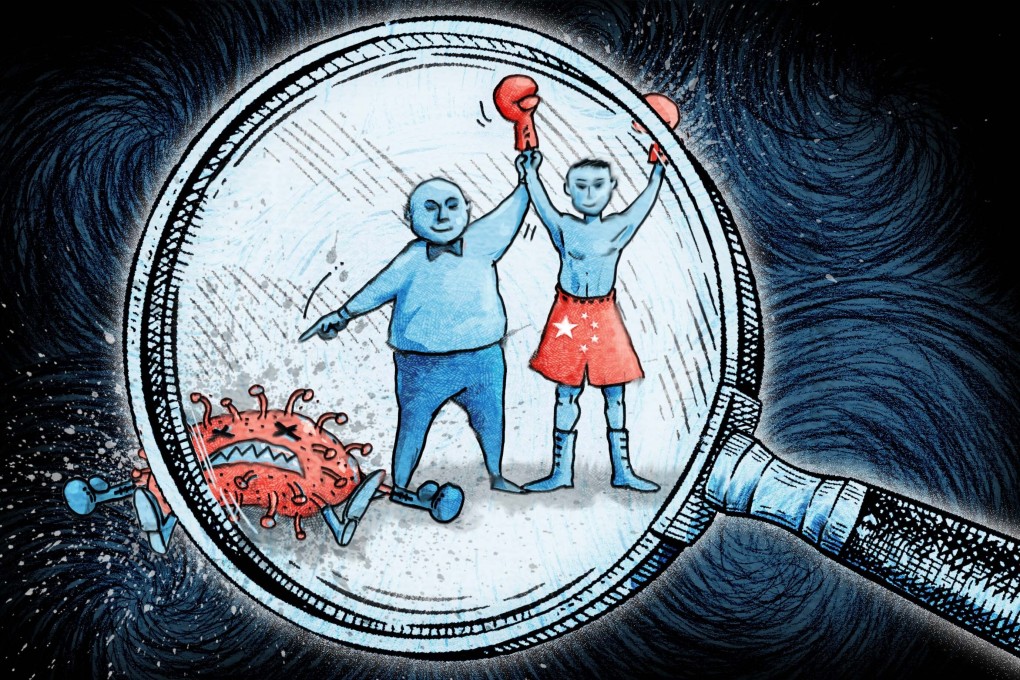Advertisement
Coronavirus: how China can really win over sceptical hearts and minds abroad
- The country has sought to present itself as a model of confidence in a crisis
- But it might be better off taking a more modest course to improve its international standing, observers say
Reading Time:5 minutes
Why you can trust SCMP
80

This is the latest instalment of a series looking back at the effects of the coronavirus outbreak one year after it first emerged in the Chinese city of Wuhan. Here, we examine how China has tried to present itself as a success story as its international standing has fallen. Please support us in our mission to bring you quality journalism.
As the number of new coronavirus cases surpassed 100,000 in the United States on election day in November, China’s political elite assembled in Beijing to hail their country’s victory over the pandemic.
“Faced with a complicated international environment, the difficult targets of domestic development and especially the heavy impact of coronavirus pandemic, the Communist Party’s leadership with Xi Jinping as the core ... led the party, the country and its people ... to prevail over all sorts of risks,” read the official communique of the party plenum, a four-day top-level meeting.
Advertisement
From China, the contrast was stark.
It was a case of “order in China and the chaos in the West”, with China’s success attributed to the unchallenged leadership of the party, according to a senior security official at the heart of the country’s messaging on disease control.
It is a message of competence in the face of crisis that has gone almost unchallenged at home.
Advertisement
Advertisement
Select Voice
Choose your listening speed
Get through articles 2x faster
1.25x
250 WPM
Slow
Average
Fast
1.25x